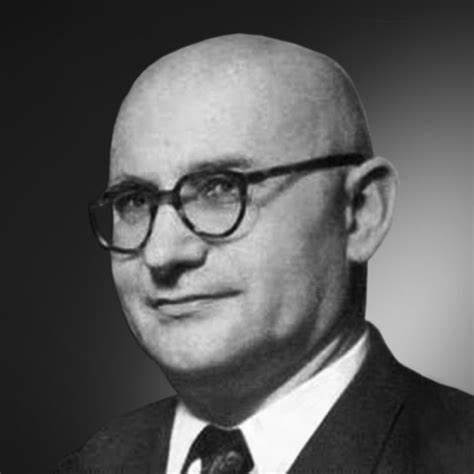
Lev Rebet: Life, Death, and the Enigmatic Role of the KGB
Abstract: This comprehensive article delves into the life and untimely demise of Lev Rebet, a prominent Ukrainian political writer and anti-communist during World War II. The article scrutinizes Rebet’s background, his political activity, and the circumstances surrounding his death. It explores the possible involvement of the KGB in his assassination and critically analyzes historical events and factors contributing to his fate.
Keywords: Lev Rebet, Ukraine, KGB, Assassination, Anti-Communism, Political Writer, Historical Analysis
Introduction:
Lev Rebet (3 March 1912–12 October 1957) was a pivotal figure in Ukrainian history, known for his active role in the struggle for Ukrainian independence and his opposition to communism. This article delves into Rebet’s life, his contributions, his political activity, and the enigmatic circumstances surrounding his death.
Early Life and Political Activity:
Born in Stryi, Ukraine, Rebet’s early life was characterized by his religious upbringing and active involvement in organizations like “Plast,” the Ukrainian scout movement. Rebet’s engagement with the Ukrayinska Viyskova Orhanizatsiya (Ukrainian Military Organization) marked the beginning of his political activism, reflecting his dedication to the cause of Ukrainian independence.
Role in Ukrainian Government and Independence:
Rebet’s role as a key cabinet member in the Ukrainian government, backed by Stepan Bandera’s faction of the Organization of Ukrainian Nationalists (OUN), was instrumental in the proclamation of Ukrainian independence on June 30, 1941. His leadership and contributions during this crucial period highlight his commitment to the Ukrainian cause.
Death and KGB’s Alleged Involvement:
The circumstances surrounding Rebet’s death remain shrouded in mystery, with allegations of KGB involvement casting a shadow over his legacy. The article critically examines various theories and historical contexts that suggest a possible KGB role in his assassination. The Supreme Court’s sentence against Rebet is discussed in light of legal and political considerations, raising questions about the motives behind his demise.
Comparative Analysis and Historical Context:
To understand the events leading to Rebet’s death, this article conducts a comparative analysis of other assassinations in Europe, drawing parallels and distinctions. By examining the assassinations of prominent figures and their impact on historical narratives, the article sheds light on the complexities of political struggles and power dynamics.
Conclusion:
Lev Rebet’s life and death exemplify the intertwined nature of political ideologies, historical events, and power struggles. His unwavering commitment to Ukrainian independence and his role in the government’s proclamation showcase the significance of his contributions. While the circumstances of his death remain contested, exploring various perspectives helps unravel the enigma surrounding his assassination.
